As 2015 draws to a close, I have a lot to be thankful for. My family is healthy and happy. I am comfortable in my life. And my first novel, THE WITCH OF ZAL, debuted from Evil Jester Press!
Now 2016 looms large ahead, and my focus is turning to the future. What do I want to accomplish in 2016? I decided to keep it simple and focus only on things I could control, because to do otherwise is an invitation to stress and frustration.
So what are these goals?
- Create and implement a new marketing plan for THE WITCH OF ZAL.
- Finish revising and polishing at least 2 of my works-in-progress.
- THE CURSE OF THE PHARAOH’S STONE is close to finished—one more go over and sending it out for proofreading. So I should easily reach this goal.
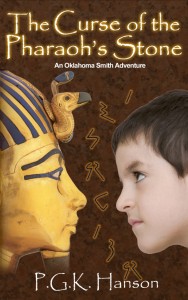
- VERITAS. This WIP is in a monster revision right now, and I feel that I have been procrastinating because of the magnitude of the task. Once I begin, I will be able to chip away, and there is no reason I can see that I should not finish this by the end of 2016.
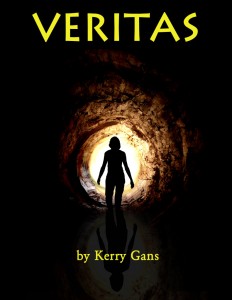
- THE ORACLE OF DELPHI, KANSAS has been complete for a year or more, and has made the rounds of some agents. The feedback I received showed that I have some work to do on this book, but I have not yet looked to see how large a task fixing the issues would be. It is possible that this, too, can be done by the end of 2016, but I consider this a stretch goal.

- THE CURSE OF THE PHARAOH’S STONE is close to finished—one more go over and sending it out for proofreading. So I should easily reach this goal.
- When one of the manuscripts above is ready, I will send it out to agents. With luck, I will find one that connects with my work.
And that’s it!
Three things.
I can do that.
What are you looking forward to in 2016?
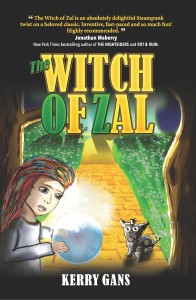


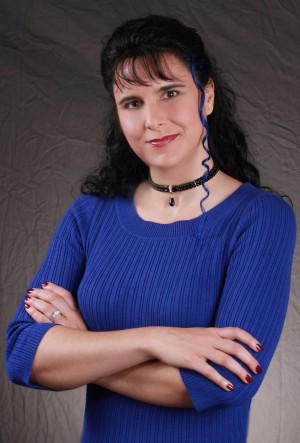
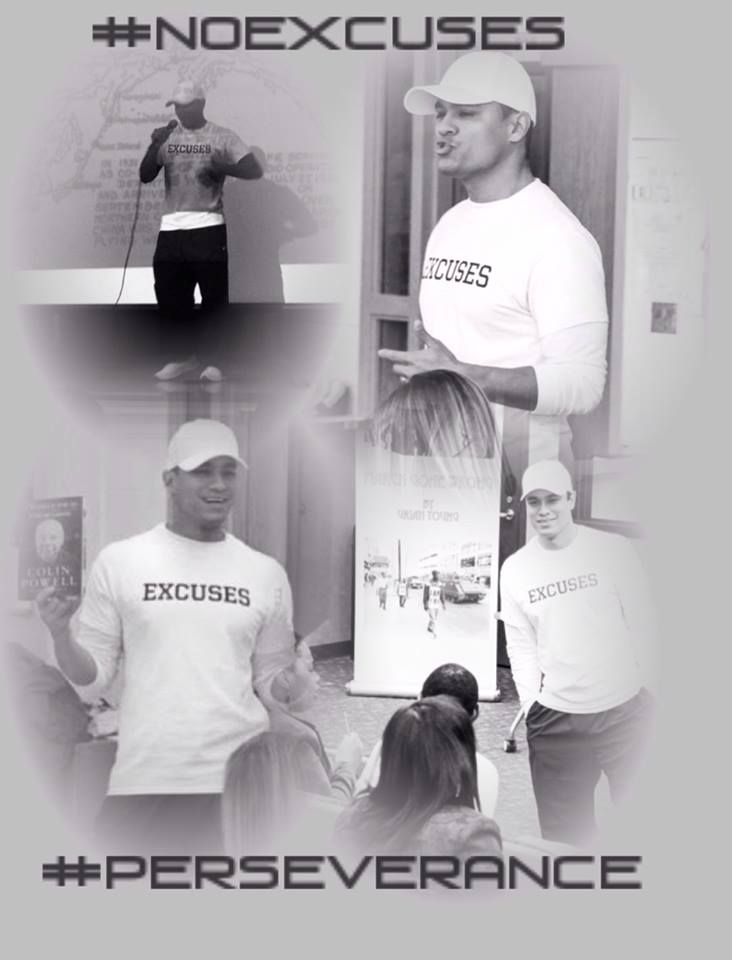

Raising the Dead: Giving an old manuscript new life
Every author who has written for any length of time has novels in the drawer that didn’t quite make the grade. They are “almost” there, but sometimes we can’t quite figure out what’s missing the mark. For the moment, they are dead novels.
I didn’t know how to fix it, so I put it aside and moved on. Now, though, I am ready to raise it from the dead. I have learned a lot on the past few years, and have new ideas on what might help move the book from “almost” to “ready”.
One tool I am using with this review is Story Genius by Lisa Cron. Her book is meant to be used before you start writing, but can be used to revise. Her exercises focus on the “why” that drives all the character’s actions–and thus the plot. Since the feedback I got from the agents who looked at the manuscript was that they didn’t understand the main character’s driving motivation, Cron’s exercises seem tailor-made for bringing this to the front.
Hopefully my revamping under Cron’s guidance will move the manuscript from “almost” to “there”. I am having fun viewing this story through a different lens. Even at this early stage of revision, I see my protagonist more clearly, and I can hear her voice in my head more precisely than ever before.
Do you leave your dead manuscripts buried? If you do raise them from the dead, what methods do you use?
Save
Save
Save
Save